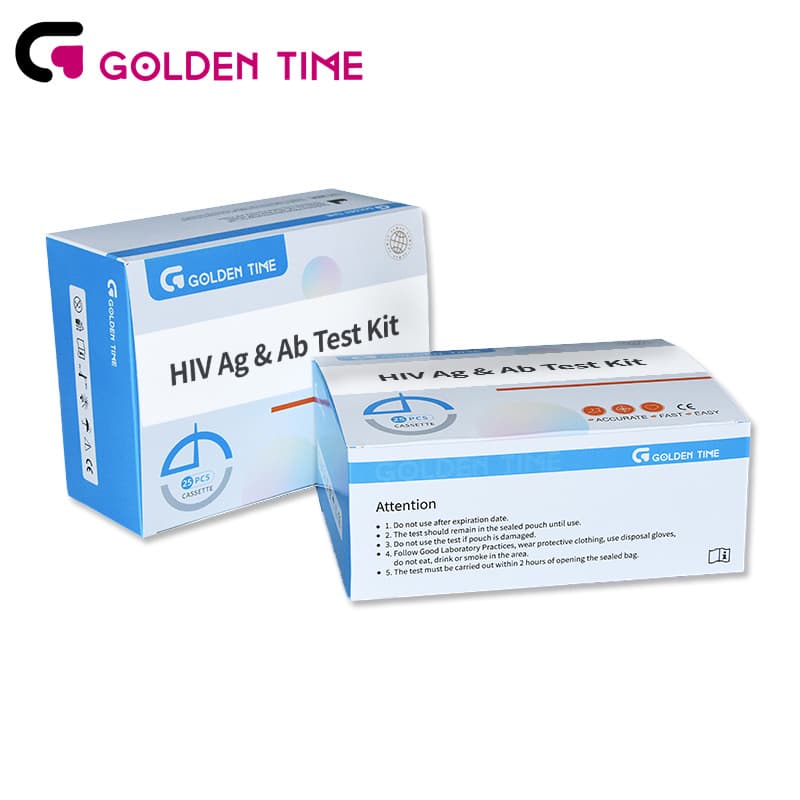Oct . 22, 2024 13:10 Back to list
Suppliers of Quantitative Hepatitis B Test for Wholesale Distribution and Pricing
Understanding Wholesale Suppliers of Hepatitis B Quantitative Tests
Hepatitis B is a significant global health issue, infecting millions of people worldwide. The World Health Organization (WHO) estimates that over 290 million people are living with chronic hepatitis B infection, leading to severe liver diseases, including cirrhosis and liver cancer. Routine screening and monitoring of hepatitis B viral loads are critical for effective disease management and treatment decisions. This demand has led to the emergence of wholesale suppliers for quantitative hepatitis B tests, providing vital resources for healthcare facilities and laboratories.
The Importance of Quantitative Testing
Quantitative hepatitis B tests are essential tools in the management of patients with hepatitis B virus (HBV) infection. Unlike qualitative tests, which merely detect the presence or absence of the virus, quantitative tests measure the amount of viral DNA in a patient's blood. This information is crucial for determining the appropriate treatment regimen, monitoring treatment efficacy, and assessing the risk of complications.
Healthcare providers use these tests to decide when to initiate therapy, when to switch to a different treatment, or when to stop therapy. They are also used to assess liver function and degree of liver damage, thereby playing a significant role in patient outcomes.
The Role of Wholesale Suppliers
Wholesale suppliers of hepatitis B quantitative tests play a crucial role in the healthcare supply chain
. They source and distribute testing kits and reagents from manufacturers, ensuring that high-quality products are available to hospitals, clinics, and laboratories. These suppliers bridge the gap between manufacturers and end-users, making it easier for healthcare providers to access the necessary diagnostic tools.1. Quality Assurance Wholesale suppliers must adhere to strict regulations and standards to ensure that the products they distribute are reliable and effective. This often involves working with certified manufacturers who produce tests that meet international quality standards.
wholesale hepatitis b quantitative test suppliers

2. Cost Efficiency By purchasing in bulk from manufacturers, wholesale suppliers can offer competitive pricing to healthcare facilities. This is particularly important in regions where healthcare budgets are tight, enabling facilities to provide essential testing services without compromising quality.
3. Product Range Wholesale suppliers often have a diverse catalog of hepatitis B testing kits, varying in sensitivity, specificity, and throughput. This allows healthcare providers to choose tests that best suit their needs, whether for routine screening or advanced diagnostic purposes.
4. Technical Support and Training Many wholesale suppliers provide essential support services, such as training for laboratory personnel on how to use testing kits effectively and interpret results. They may also offer technical support, helping facilities troubleshoot issues that may arise during testing.
Challenges in the Wholesale Market
Despite their importance, wholesale suppliers of hepatitis B quantitative tests face several challenges. The global supply chain can be affected by factors such as political instability, economic fluctuations, and natural disasters, which can lead to shortages of essential testing kits. Moreover, the rise of counterfeit products poses a significant threat, as improper or substandard tests can lead to misdiagnosis and ineffective treatment.
To combat these issues, wholesale suppliers must maintain strong relationships with reputable manufacturers and implement stringent quality control measures. They must also educate healthcare providers about the risks associated with counterfeit products and encourage them to purchase only from trusted sources.
Conclusion
The market for wholesale hepatitis B quantitative test suppliers is an integral component of the healthcare ecosystem. By ensuring access to accurate and reliable testing, these suppliers enable better management of hepatitis B infections, ultimately contributing to improved patient outcomes. As the demand for hepatitis testing continues to grow, particularly in low- and middle-income countries, the role of wholesale suppliers will remain vital in facilitating healthcare access and advancing public health initiatives. Collaborations and partnerships within the healthcare sector can further strengthen this market, ensuring that every individual has access to the necessary tools for diagnosis and treatment of hepatitis B.
-
Highly Accurate hCG Pregnancy Test Strips - 5 Min Results
NewsAug.02,2025
-
Premium Empty ABS Plastic Cassettes: Durable & Lightweight Storage
NewsAug.01,2025
-
Accurate Cocaine (Coc) Rapid Test Kit | Fast & Reliable Detection
NewsJul.31,2025
-
Accurate HCG Pregnancy Test Strips | Fast Home Use Kit
NewsJul.31,2025
-
Reliable Early Pregnancy Test Kit Supplier - Multi Plastic Cassette Options
NewsJul.30,2025
-
Transferrin Rapid Test Cassette – Reliable Tumor Marker Detection
NewsJul.29,2025

